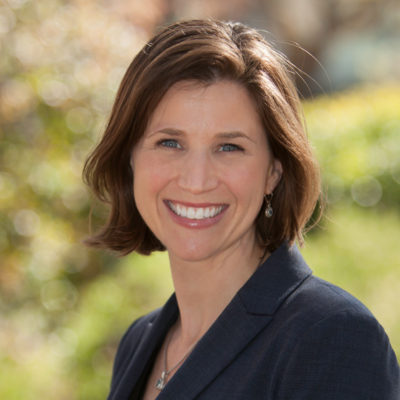An Interview With Stanford’s Amanda Packel On Educating Corporate Boards
Summary
Amanda Packel is the managing director of the Rock Center for Corporate Governance at Stanford University, where she coordinates and executes the center’s programs and projects and serves as co-director of Stanford Directors’ College, an executive education program for board members and senior executives of publicly traded firms. In addition, she conducts research and speaks on corporate governance issues, with publications on diversity on corporate boards, leadership and ethics in nonprofits. Packel also serves on the boards of directors of The Thirty Percent and the Silicon Valley Directors’ Exchange (SVDX). She was recently named one of the Silicon Valley Business Journal’s 2017 Women of Influence. Prior to joining Stanford, Packel practiced law at Covington & Burling and Orrick, where she focused on white-collar criminal defense and internal investigations. She received her A.B. in Economics, magna cum laude, from Princeton University and a J.D., order of the coif, from the University of California, Berkeley School of Law. She is a former law clerk to Judge Marsha S. Berzon of the U.S. Court of Appeals for the Ninth Circuit.
…
RM: Amanda, the Directors’ College that you run with corporate luminaries and Stanford professors Joseph Grundfest and Daniel Siciliano has withstood the test of time—23 years. How do you keep people coming back and keep it fresh?
AP: We make sure that the content related to fundamental topics such as compensation and CEO succession always reflects the latest developments and trends. In addition, we are always adding new breakout sessions on cutting-edge issues. For example, we have a session on artificial intelligence and the future of work at this year’s program. And we bring in new panelists to provide fresh perspectives on issues of most concern to today’s boards.
RM: How has the conference faculty changed over the years? What are the drivers? Any correlation to changes you’re seeing in corporate boards?
AP: We have made a deliberate effort over the last several years to increase the diversity of the program’s faculty, as well as of the diversity of the attendees (and we have found that these efforts often go hand-in-hand and create a virtuous cycle). In my view, the slow progress in improving diversity on corporate boards is in large part due to closed social networks. Directors rely heavily on their own networks to fill empty board seats, which tends to lead to more directors who look like those already in the room. We wanted to make sure we were not limiting our speaker invitations to the same network of directors we had tapped in the past, so we have expanded our network of directors to include more women, minorities and younger directors. We have also strengthened partnerships with organizations like the Latino Corporate Directors’ Association and Ascend Pinnacle to help us identify potential speakers and attendees.
There is some correlation to the changes on corporate boards, although I think our progress has been faster than the average corporate boards. In recent years, approximately half of our keynote speakers, and about 40 percent of our overall program faculty, have been women.
…
Read More
